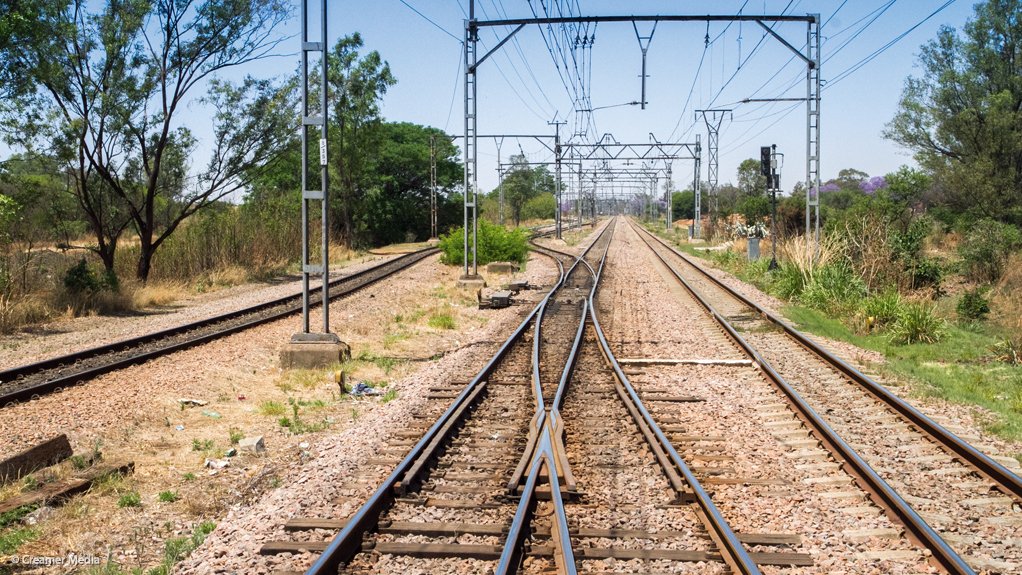Infrastructure spend in sub-Saharan Africa would grow from $70-billion in 2013 to $180-billion by 2025, said PwC capital projects and infrastructure Africa leader Jonathan Cawood on Tuesday.
This was one of the findings of PwC’s Capital Projects & Infrastructure report on East Africa, Southern Africa and West Africa, released in Johannesburg.
Interviews were conducted with 95 respondents in the infrastructure sector, including development finance institutions, private financiers, government organisations and private construction and operations companies across the region.
Despite the growth expected in infrastructure spending in sub-Saharan Africa, Africa would spend only 2% of the total expected global infrastructure budget of $9-trillion a year by 2025, said Cawood.
He also noted that Nigeria and South Africa were responsible for 68% of all infrastructure spend in the sub-Saharan region in 2013. Kenya was placed third, at 10%, followed by Ghana at 8%, Ethiopia at 6%, Tanzania at 5%, and Mozambique at 3%.
However, the PwC report found that, within this group of seven countries, only Nigeria and Ethiopia had room left to accrue more debt.
Yearly spending in the sub-Saharan Africa chemicals, metals and fuels sector was forecast to increase across the seven major regional economies to $16-billion by 2025, up from $6-billion in 2012.
The PwC study also found that electricity production and distribution would see growth in yearly spending from $15-billion in 2012, to $55-billion by 2025.
The report noted that only 290-million people (31% of the population) had access to electricity in the region, with the spend on fuel for back-up power across Africa at $1-billion in 2013.
Currently, 48 countries in the region produced 84 GW of power, which was roughly the same as Spain’s output.
Also, only 10% of sub-Saharan Africa’s hydropower potential was being used.
Other interesting statistics were that poor transport and logistics infrastructure increased the costs of goods by 60% for landlocked countries in Africa. Also, less than 8% of Africa’s trade was between African countries, compared with 30% to 60% in other global regions.
Another rather poor number was the fact that cargo waiting-time at ports in sub-Saharan Africa was 20 days, compared with the global norm of three to four days.
Cawood noted that the region could ratchet up infrastructure performance by proper maintenance, as well as improving efficiency at existing infrastructure.
In general, there was “a growing sense of longer-term planning by governments” in the region, he added. More than 75% of respondents, and the capital projects surveyed, formed part of an overall infrastructure master plan and country strategy.
“The African growth story is real. We have gone past the hype cycle,” said Cawood.
However, to keep the African renaissance alive and well, the sub-Saharan region required economic growth above 5% a year; on-time and within-budget procurement; a lack of external shocks, such as the Ebola crisis in West Africa; and a growing attraction for private capital, as government budgets fell far short of meeting infrastructure needs, he added.
He said the PwC study showed that the four main challenges in delivering capital projects across sub-Saharan Africa were accessing funding; the existence of a project-friendly policy and regulatory environment; political risk and government interference; and a lack of capacity and skills in the marketplace.
Access to finance was less about money, however, he explained, and more about finding projects that were financially viable, with a clear revenue stream and a local market ready to consume the project’s output.
“With a number of concessions having been cancelled by governments in the region, an improvement in transparency, regulation and procurement will also help restore the confidence of foreign investors in partnership models,” added Cawood.
The PwC report also showed that 47% of respondents experienced delays of more than six months in completing projects in the region, while 36% experienced cost overruns of between 10% and 50%.
EMAIL THIS ARTICLE SAVE THIS ARTICLE
To subscribe email subscriptions@creamermedia.co.za or click here
To advertise email advertising@creamermedia.co.za or click here











